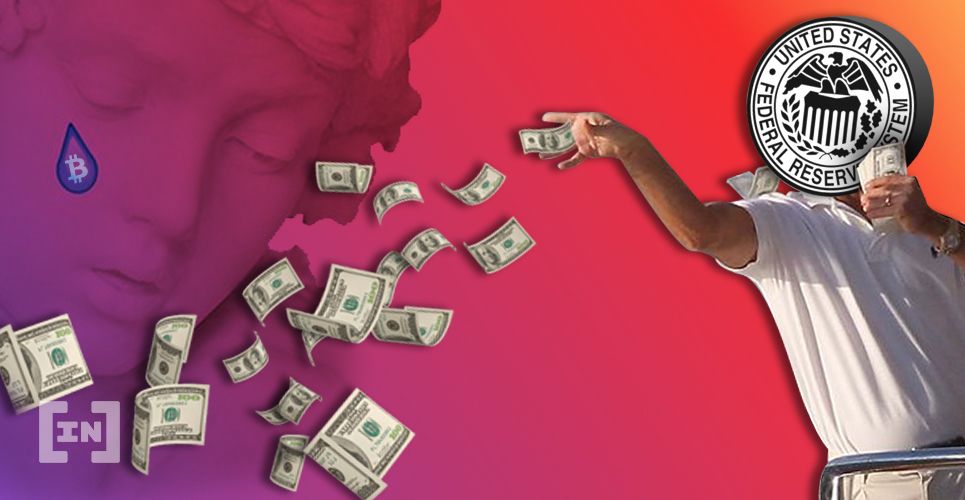
CARES Act Bails Out Ivy League Schools
The CARES Act — the federal government’s response to the coronavirus pandemic — is the largest effort to stimulate the economy in US history. It became law at the end of last month and has faced criticism for a number of reasons. Among Bitcoin and cryptocurrency circles, the largest issue with the CARES Act is the sheer scale of the monetary creation going on. Many reason that such a grand liquidity injection will only serve to make scarce assets, like BTC, more appealing vs. a rapidly inflating dollar.The first $6.28 billion allocated will finance exceptional operating expenses at universities in the wake of the pandemic. This will include spending on course materials, technology, food, and student housing. Among the institutions receiving financial assistance from the government are Ivy League schools. Of them, the largest pay outs will go to Columbia and Cornell at $12.8 million each. Harvard and Yale will receive close to $9 million and $7 million, respectfully, and Princeton will take $2.5 million. The Department of Education is allowing the institutions themselves to allocate funds, but they must agree to various terms to receive aid.Federal Reserve just printed $3.4T
— Carl Moon (@TheMoonCarl) April 13, 2020
European Central Bank just printed $1.3T
People's Bank of China just printed $455B
Bank of England just printed $345B
Bank of Brazil just printed $231B
Bank of Japan just printed $190B
This is why #Bitcoin was created!
Are Ivy League Universities Really Struggling?
In addition to the concerns mentioned above, the CARES Act is facing more criticism today over the allocation of higher education bailouts. Causing particular grief is the fact that some of those in receipt of millions of dollars from the government already command colossal endowment funds. As Social Capital founder and CEO Chamath Palihapitiya points out in the following tweet, Harvard’s own endowment fund is worth a massive $41 billion.Meanwhile, Yale boasts a more than $30 billion endowment fund of its own. One follower responded to Palihapitiya by stating that the scale of their investment interests makes it unclear exactly what the primary function of such institutions even is:You have a $41 billion dollar endowment.
— Chamath Palihapitiya (@chamath) April 20, 2020
This is a fucking joke. https://t.co/1aVmDFBcWb
“Harvard is an asset management firm with a school.”Federal fund distribution in other sectors of the economy has also resulted in criticism. Following media backlash, fast-food chain Shake Shack announced today that it would pay back a $10 million loan awarded as part of the Paycheck Protection Program (PPP) intended to help out small businesses. [CNN] In an open letter, the firm’s CEO and chairman Randy Garutti stated that access to ready capital meant it did not need the money. Shake Shack also expressed frustrations with the PPP process, stating that it was extremely confusing, which likely led to more deserving small businesses missing out on much needed aid.
Disclaimer
In adherence to the Trust Project guidelines, BeInCrypto is committed to unbiased, transparent reporting. This news article aims to provide accurate, timely information. However, readers are advised to verify facts independently and consult with a professional before making any decisions based on this content. Please note that our Terms and Conditions, Privacy Policy, and Disclaimers have been updated.
